Addiction can take many forms, affecting people differently, and so does codependency. Codependency is defined as any one-sided relationship where an individual does all the work for the other partner or even controls them, or conversely, is the one for whom all the work is done.
Marina Habor Detox is a medical detox center in San Francisco that offers detox and residential care based on a combination of evidence-based therapies and holistic treatment. Contact our admissions team today to learn more about how our holistic addiction therapy can help.
Codependency Addiction
Codependency in addiction is very common. It’s an unhealthy reliance on another person emotionally or psychologically that is often seen in people with addiction or who have loved ones in recovery.
There’s a high correlation between addiction and codependency, and it can come from either side where someone who has a close family member with addiction allows that person to be codependent, provides for them, and controls things for them without realizing that they are enabling. It can also come from the other direction where someone struggling with addiction has low self-esteem and allows themselves to become codependent and put the needs or feelings of others ahead of themselves.
No matter the form, it can interfere with recovery or the decision to get help in the first place.
What is Codependency in Addiction?
Studies have found that there is a strong link between codependency in addiction. But how does it shape relationships and recovery journeys?
In some cases, clients might be codependent on a spouse who also has a substance abuse disorder. Individuals who live in a home where they are codependent on someone else with addiction might not think they can get help because the person they turn to for emotional and psychological support tells them not to.
In other cases, being codependent on someone else, like a spouse or significant other, can make it difficult for individuals to be proactive in their recovery, take steps necessary to see improvement, or make changes without permission or guidance from the other person.
This is particularly tricky when an individual goes to a drug and alcohol rehab center where the person on whom they are codependent is not present. This can force people to make decisions for themselves, often for the first time in a long time.
Signs of Codependency Addiction
Families who struggle with addiction tend to use codependency in addiction as a coping mechanism. They might not even realize what they are doing, but using codependency can result in enabling. Some signs include the following:
- Ignoring or denying problems
- Trying to get everyone to like you
- Not setting boundaries
- Having trouble expressing feelings
- Becoming withdrawn or depressed
- Struggling with low self-worth
- Masking thoughts or emotions because of fear
- Trying to fix or control others
- Putting the interests of others before yours
- Not getting help
Some people don’t recognize that they are in a codependent situation, While others simply ignore the signs and manipulate their loved ones or engage in self-destructive behavior without realizing how damaging that can be.
Getting Help for Codependency in Addiction
If you have asked, “What is codependency in addiction?” it might be time to consider getting professional treatment. With Marina Harbor, you can enjoy luxury professional help at our private detox center. We utilize advanced techniques to help you overcome several types of addiction and build the strength to break the cycle of codependency.
When you reach out to our team, we will walk you through an initial assessment to determine what level of care is most suited to you and what steps you might need in order to combat codependency in your relationships. Your treatment plan can include things like:
- Relapse prevention
- Breathwork
- Drama therapy
- Art therapy
- Boxing
- Exercise classes
- Walks
- Yoga
- 12 step meetings
With personalized San Francisco addiction treatments that emphasize relapse prevention and coping skills, you can learn essential life skills like communicating your feelings and setting boundaries where appropriate. You can practice coping skills that enable you to control your emotions and stress levels to decrease the risk of relapse of codependency.
Codependency might be something that you need to learn how to recognize. By participating in individual and group therapy while you reside at our treatment center for residential care, you’ll have a chance to extricate yourself from your daily responsibilities or obligations and any codependent relationships you might have. This offers a chance to reflect on how your relationships work, what level of autonomy you have, and what level you want moving forward.
Codependency can lead to severe addictions, but with our residential treatment program, you can reside full-time at our luxurious, private facility in San Francisco while you undergo your detox and subsequent recovery.
Reach out to our team at 1-866-709-3085 to learn more about codependency in addiction.


